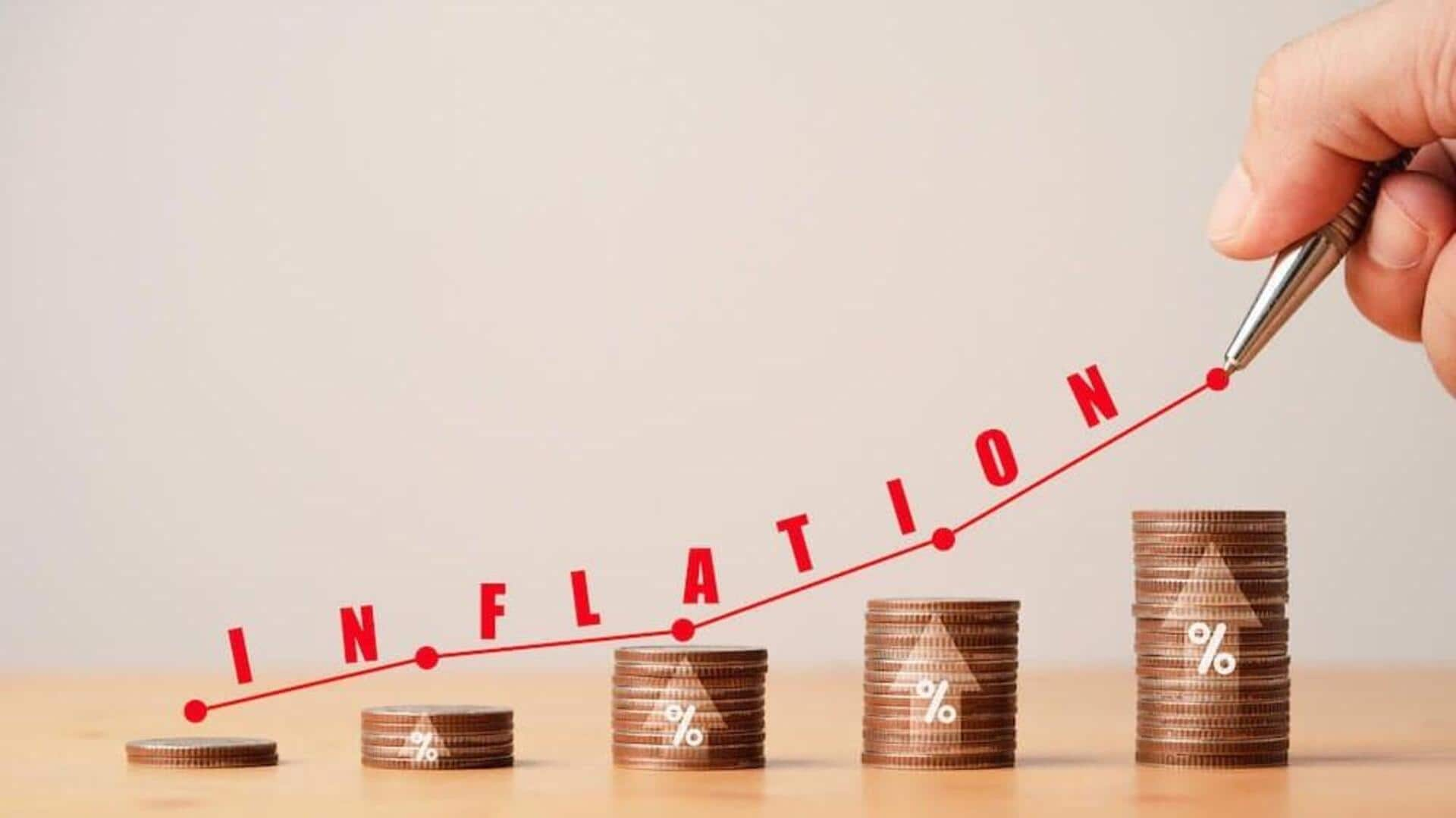
Here's how to protect your finances from inflation's bite
What's the story
Inflation is a critical factor that can impact your financial planning drastically. It erodes the purchasing power of money, which means, over a period of time, you may need more money to purchase the same goods and services. This makes it imperative to factor inflation into your future plans. Neglecting inflation can lead to underestimating expenses and savings requirements, derailing your financial goals. Here's what you can do.
Strategy #1
Adjusting savings for inflation
While planning savings goals, don't forget to consider inflation. If you plan to save ₹10 lakh for retirement after 20 years, how much more would you need owing to inflation? Take an example, with an average annual inflation of 3%, your target should be adjusted upwards every year. This way, your savings retain value over time and fulfill future requirements.
Strategy #2
Impact on investment returns
Inflation impacts your investment returns by lowering real returns, the true buying power of your investment profits. If an investment offers a nominal return of 5% per year but inflation is 2%, your real return is just 3%. Knowing this allows you to choose investments that beat inflation and keep your money safe.
Strategy #3
Budgeting with inflation in mind
Factoring in expected inflation when budgeting is crucial for keeping up with your lifestyle standards as the years go by. It's imperative to review and revise your budgets regularly so that the increasing prices of essentials, such as housing and healthcare, are absorbed. This preemptive measure avoids financial shortfalls that may occur due to rising costs, making sure your financial stability remains intact over time.
Strategy #4
Long-term financial goals adjustment
Long-term financial goals, like saving for education or retirement, need periodic reviews to factor in inflation trends. It's important to adjust contributions according to both current and projected inflation levels. This way, you meet these goals without the risk of falling short due to underestimated costs. Your financial planning stays in line with future economic realities, protecting your investments from inflation's eroding effects.